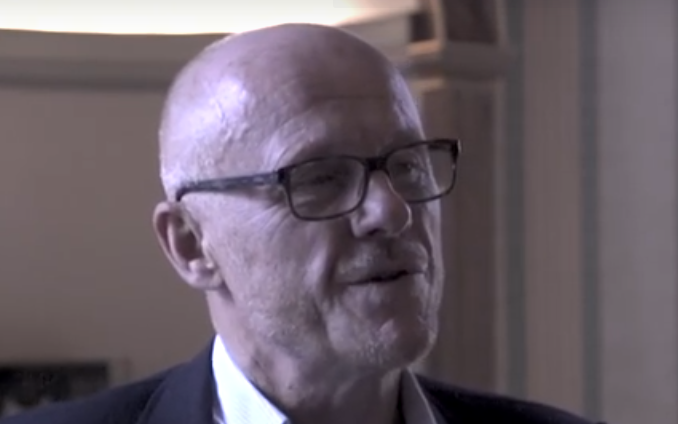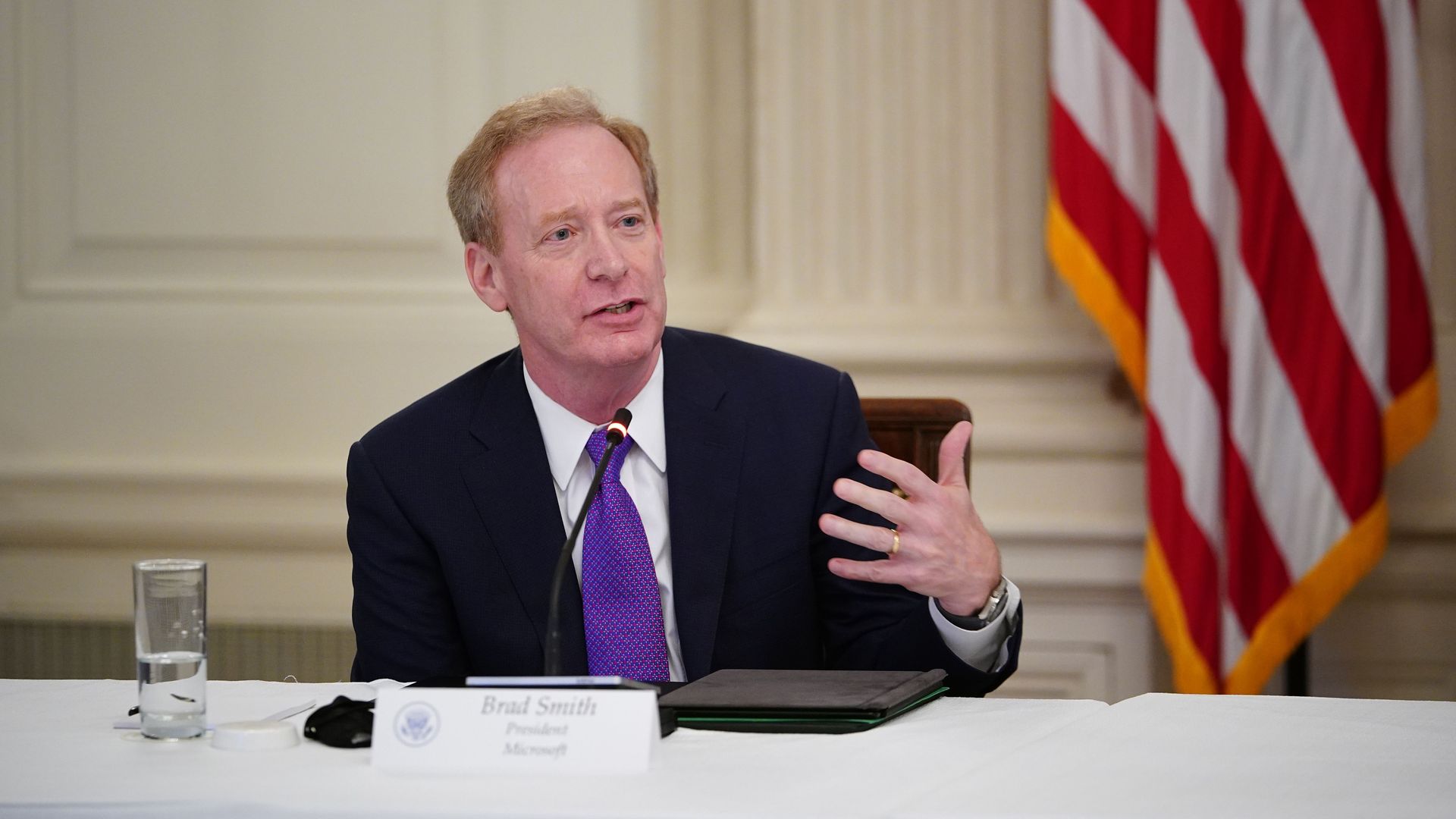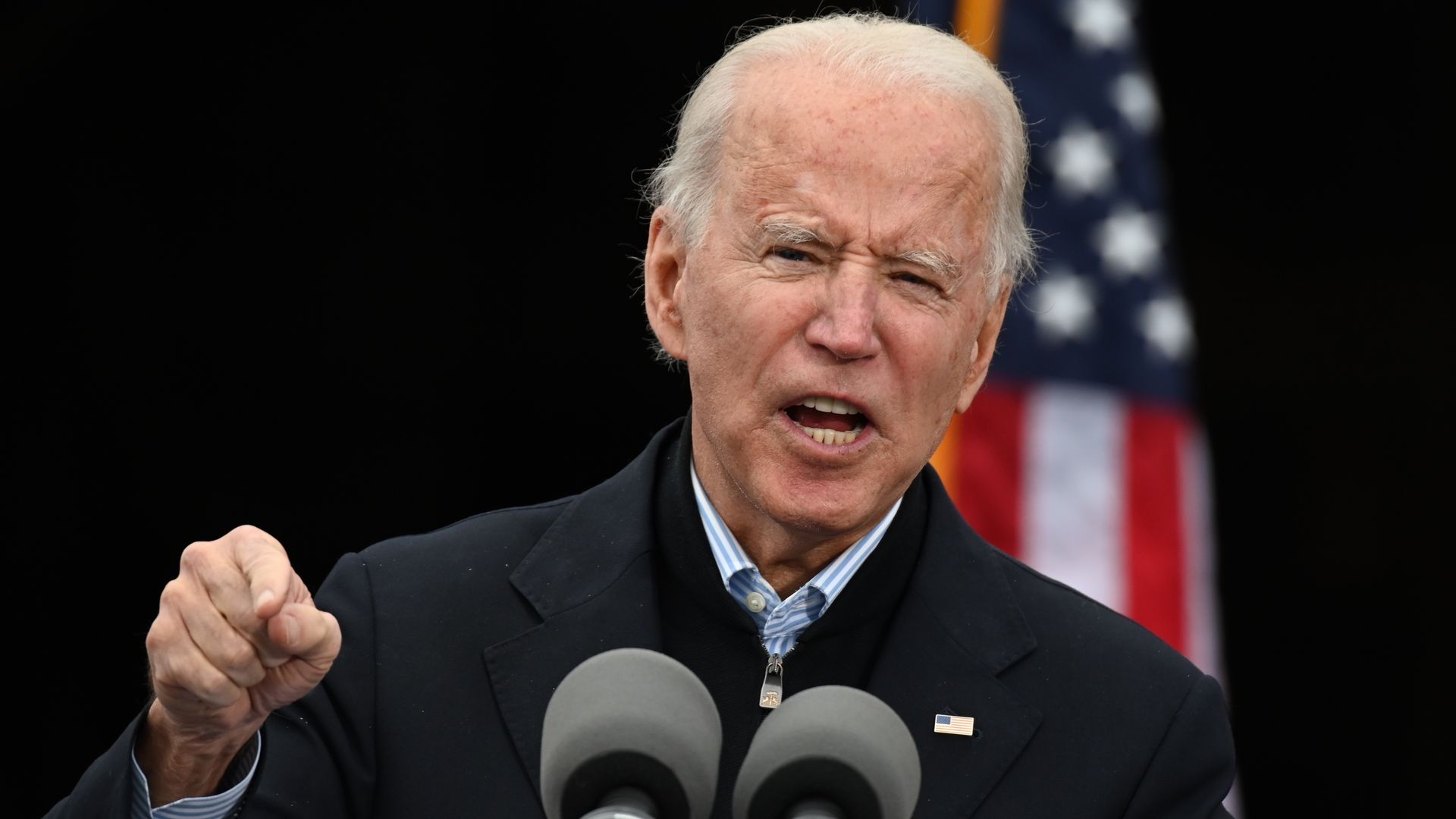Everyday Plastics Are Leaching Hazardous Chemicals
NEWS Dec 18, 2020 | Original story from Endocrine Society

Credit: Maurice Angres/ Pixabay\\Read Time: 3 min
Plastics contain and leach hazardous chemicals, including endocrine-disrupting chemicals (EDCs) that threaten human health. An authoritative new report, Plastics, EDCs, & Health, from the Endocrine Society and the IPEN (International Pollutants Elimination Network), presents a summary of international research on the health impacts of EDCs and describes the alarming health effects of widespread contamination from EDCs in plastics.
EDCs are chemicals that disturb the body's hormone systems and can cause cancer, diabetes, reproductive disorders, and neurological impairments of developing fetuses and children. The report describes a wealth of evidence supporting direct cause-and-effect links between the toxic chemical additives in plastics and specific health impacts to the endocrine system.
Conservative estimates point to more than a thousand manufactured chemicals in use today that are EDCs. Known EDCs that leach from plastics and threaten health include bisphenol A and related chemicals, flame retardants, phthalates, per- and polyfluoroalkyl substances (PFAS), dioxins, UV-stabilizers, and toxic metals such as lead and cadmium. Plastic containing EDCs is used extensively in packaging, construction, flooring, food production and packaging, cookware, health care, children's toys, leisure goods, furniture, home electronics, textiles, automobiles and cosmetics.
Key findings in the report include:
One hundred and forty-four chemicals or chemical groups known to be hazardous to human health are actively used in plastics for functions varying from antimicrobial activity to colorants, flame retardants, solvents, UV-stabilizers, and plasticizers.
Exposure can occur during the entire life span of plastic products, from the manufacturing process to consumer contact, recycling, to waste management and disposal.
EDC exposure is a universal problem. Testing of human samples consistently shows nearly all people have EDCs in their bodies.
Microplastics contain chemical additives, which can leach out of the microplastic and expose the population. They can also bind and accumulate toxic chemicals from the surrounding environment, such as seawater and sediment, functioning as carriers for toxic compounds.
Bioplastics/biodegradable plastics, promoted as more ecological than plastics, contain similar chemical additives as conventional plastics and also have endocrine-disrupting effects.
"Many of the plastics we use every day at home and work are exposing us to a harmful cocktail of endocrine-disrupting chemicals," said the report's lead author, Jodi Flaws, Ph.D., of the University of Illinois at Urbana-Champaign in Urbana, Ill. "Definitive action is needed on a global level to protect human health and our environment from these threats."
The Swiss Ambassador for the Environment, Franz Xavier Perrez, commented, "Plastics, EDCs, and Health, synthesizes the science on EDCs and plastics. It is our collective responsibility to enact public policies to address the clear evidence that EDC in plastics are hazards threatening public health and our future."
In May, the Swiss Government submitted a proposal to the Stockholm Convention to list the first ultra-violet (UV) stabilizer, plastic additive UV-328, for listing under the Stockholm Convention. UV stabilizers are a common additive to plastics and are a subset of EDCs described in this report. The Stockholm Convention is the definitive global instrument for assessing, identifying, and controlling the most hazardous chemical substances on the planet.
The need for effective public policy to protect public health from EDCs in plastics is all the more urgent given the industry's dramatic growth projections. Pamela Miller, IPEN Co-Chair, commented, "This report clarifies that the current acceleration of plastic production, projected to increase by 30-36% in the next six years, will greatly exacerbate EDC exposures and rising global rates of endocrine diseases. Global policies to reduce and eliminate EDCs from plastic and reduce exposures from plastic recycling, plastic waste, and incineration are imperative. EDCs in plastics are an international health issue that is felt acutely in the global south where toxic plastic waste shipments from wealthier countries inundate communities."
"Endocrine-disrupting chemical exposure is not only a global problem today, but it poses a serious threat to future generations," said co-author Pauliina Damdimopoulou, Ph.D., of the Karolinska Institutet in Stockholm, Sweden. "When a pregnant woman is exposed, EDCs can affect the health of her child and eventual grandchildren. Animal studies show EDCs can cause DNA modifications that have repercussions across multiple generations."
This article has been republished from the following materials. Note: material may have been edited for length and content. For further information, please contact the cited source.








